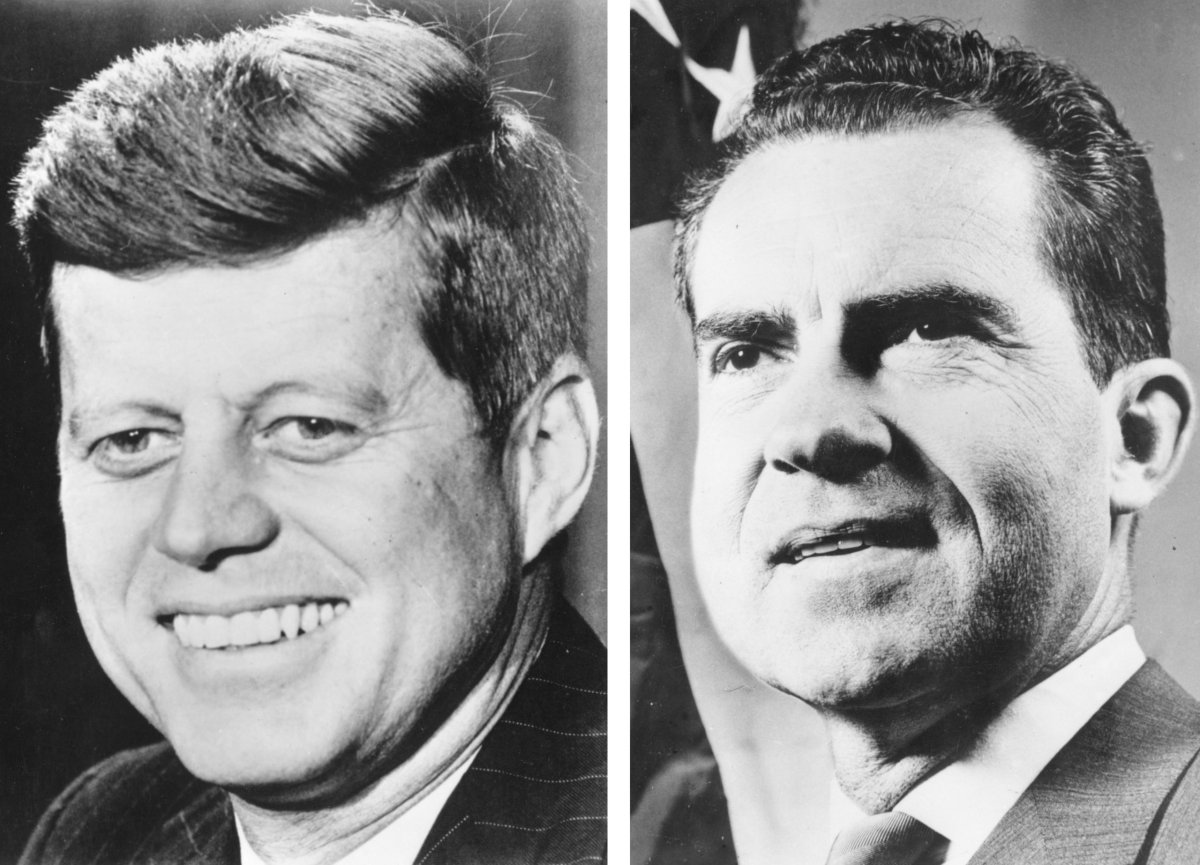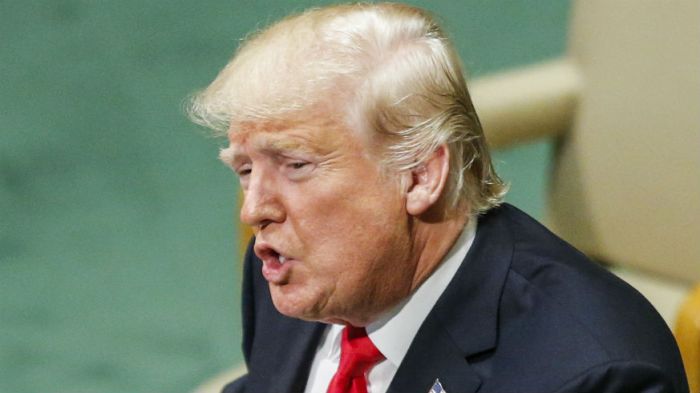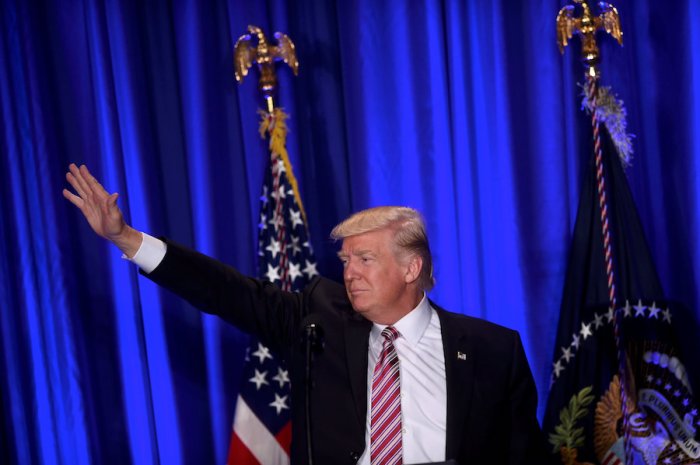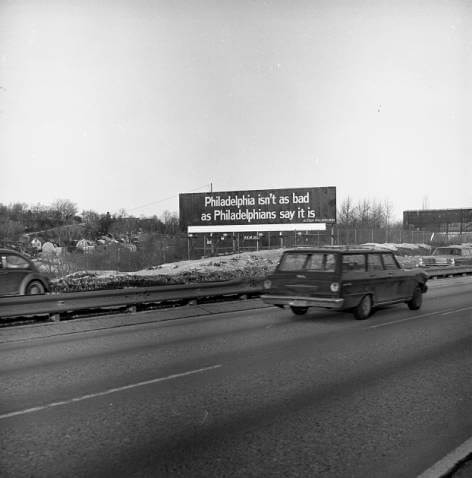The John F. Kennedy and Richard Nixon debate is studied in political science and communication classes, where it’s cited as a key example of the importance of television and how the right political image can win over audiences. Since then, televised debates have become key milestones in any presidential campaign for any democracy in the world. And Monday’s debate between Hillary Clinton and Donald Trump is expected to be a turning point in the race for the U.S. presidency. “Anything can happen. Trump is unpredictable,” said Elizabeth Sherman, a professor in the Department of Government at the American University of Virginia. And when she says anything, she means anything. “It will be the second most watched event after the 2016 SuperBowl,” said John Zogby, founder of John Zogby Strategies, a political consultancy. Expectations for this debate are high, and history has shown that the first debate could be decisive in the outcome of a presidential election. But what is the history of televised presidential debates?
In 1960, the Cold War began to be exported out of territorial boundaries. The shadow of a nuclear war that would destroy the human race loomed over even the most inhospitable corners of the planet. The United States, meanwhile, began with their trade embargo with Cuba in violation of international law, threatening any country with severe consequences if they traded with the island. That was the year that the Democratic nominee and Senator John F. Kennedy and the then Republican Vice President Richard Nixon were planted — for the first time in history — in front of cameras and four journalists from the most important news outlets to discuss their government programs and ideas about America. Their audience: 70 million Americans. According to the Gallup polls of 1960, before the debate Kennedy had a lead of 1 percent over Nixon. “Image is the support message,” taught communication professor Marshall McLuhan at the time, and Kennedy learned about the matter. He took advantage of his youth and his summer vacation gave him a healthy glow for television. With a black suit and white shirt, he contrasted with the white background of the stage, which was key for black and white television. Meanwhile, Nixon had just left the hospital for knee surgery; a few days ago an article in the Washington Post noted that his family doctor had recommended him to “slow down.” He also looked pale because he did not want to use any makeup. He wore a light gray suit, which blended in with the background and he looked sweaty. Some Republicans say that Nixon won over the radio airwaves, but a picture is worth a thousand words: the Democratic candidate won in the eyes of McLuhan.
“This debate revealed the true power of television, and the face-to-face fight, to decide the election,” said John Goldstone, professor of political science and PhD from Harvard University. Although some people postulate that the presentation of Kennedy determined the election, Goldstone believes that other factors helped: “It was not just Kennedy’s presentation; Nixon was seen as anxious and insecure before the cameras. And in these debates it is very important to look self-assured even if you’re not talking,” he added. The example of Al Gore in the first debate in 2000 against George W. Bush is illustrative: Gore, who was much more prepared, thought Bush was a fool, and while the Republican spoke, the Democrat was filmed expressingdisbelief as Bush spoke. This ended up costing him the election. The Gallup polls of the time said the following: Before the debate the difference between Kennedy and Nixon in 1960 was 1 percent, this rose to 3 percent after the debate.
Kennedy won the electionby 3percentage points and 303 electoral votes. With much less experience than his opponent in politics, Americans chose him. “Kennedy did not decide the race the night of the debate, but in such a close election, his presentation made all the difference,” wrote Ted Sorensen, political adviser to John Kennedy, in the New York Times in 2010. That’s the impact that the first presidential debate can have, and both Hillary Clinton and Donald Trump know that. -Felipe Herrera Aguirre
Kennedy vs. Nixon: The debate that changed the history of American politics

Getty Images






















